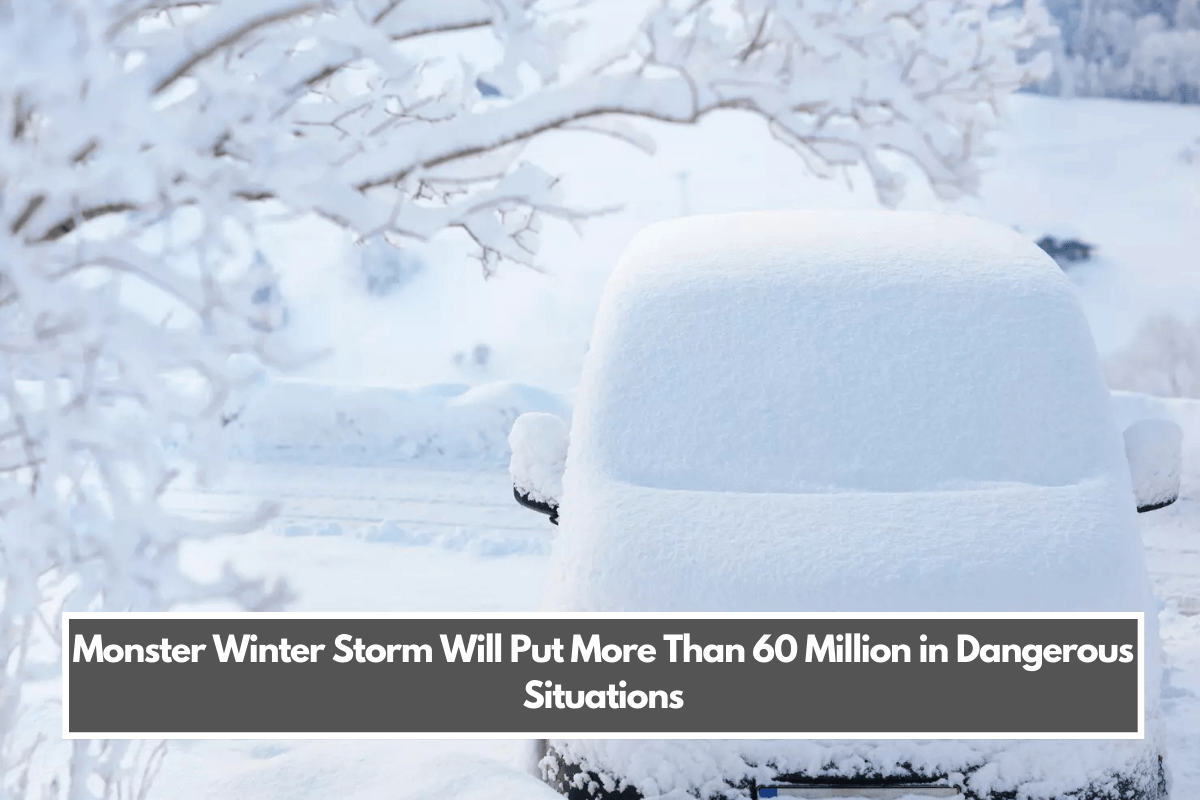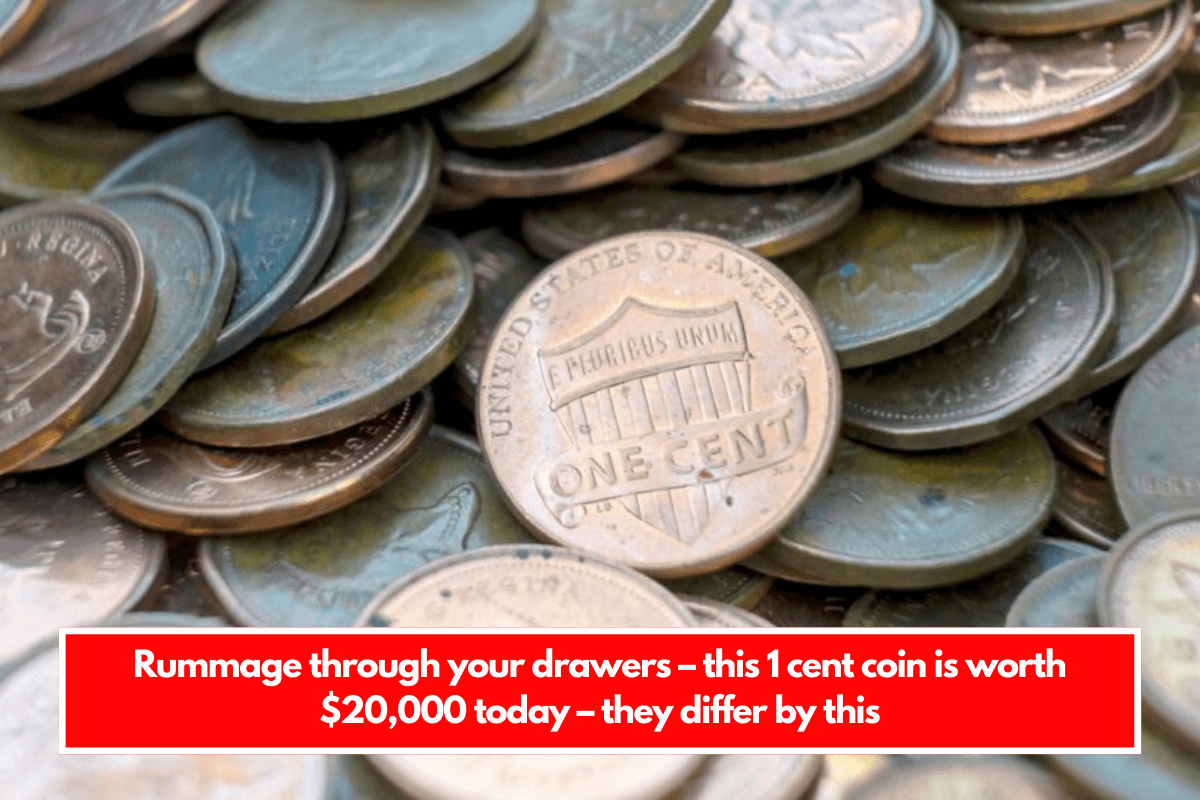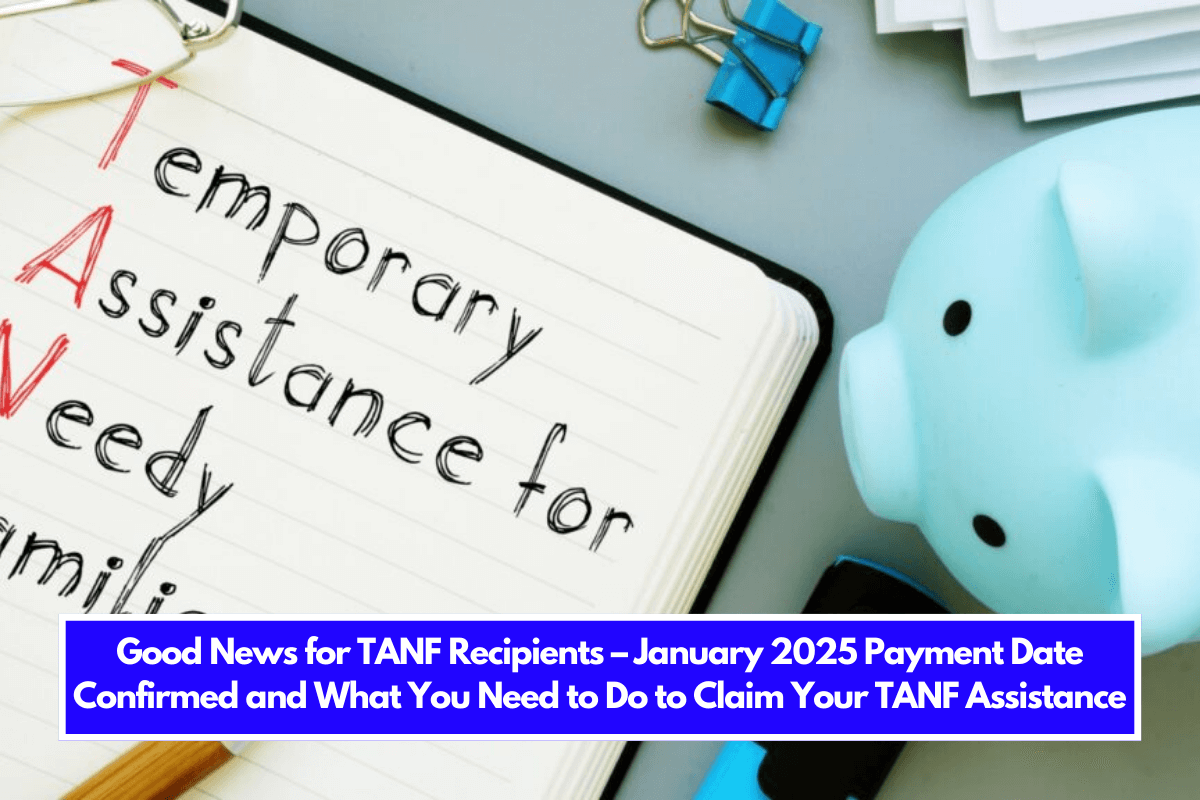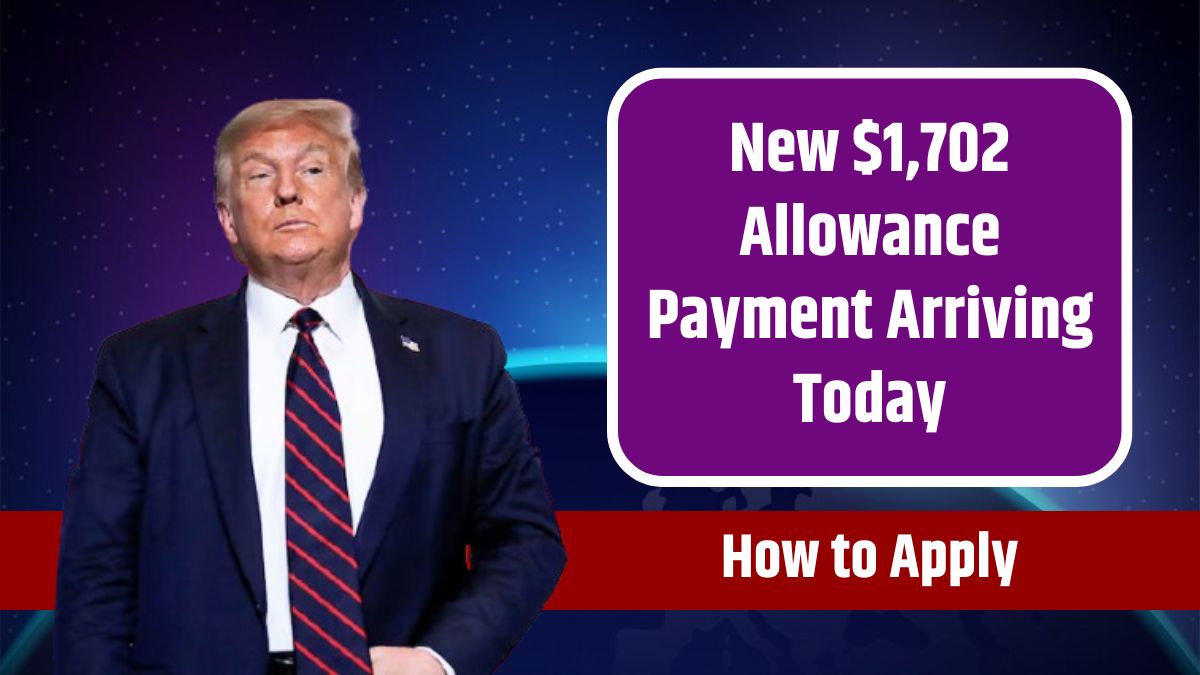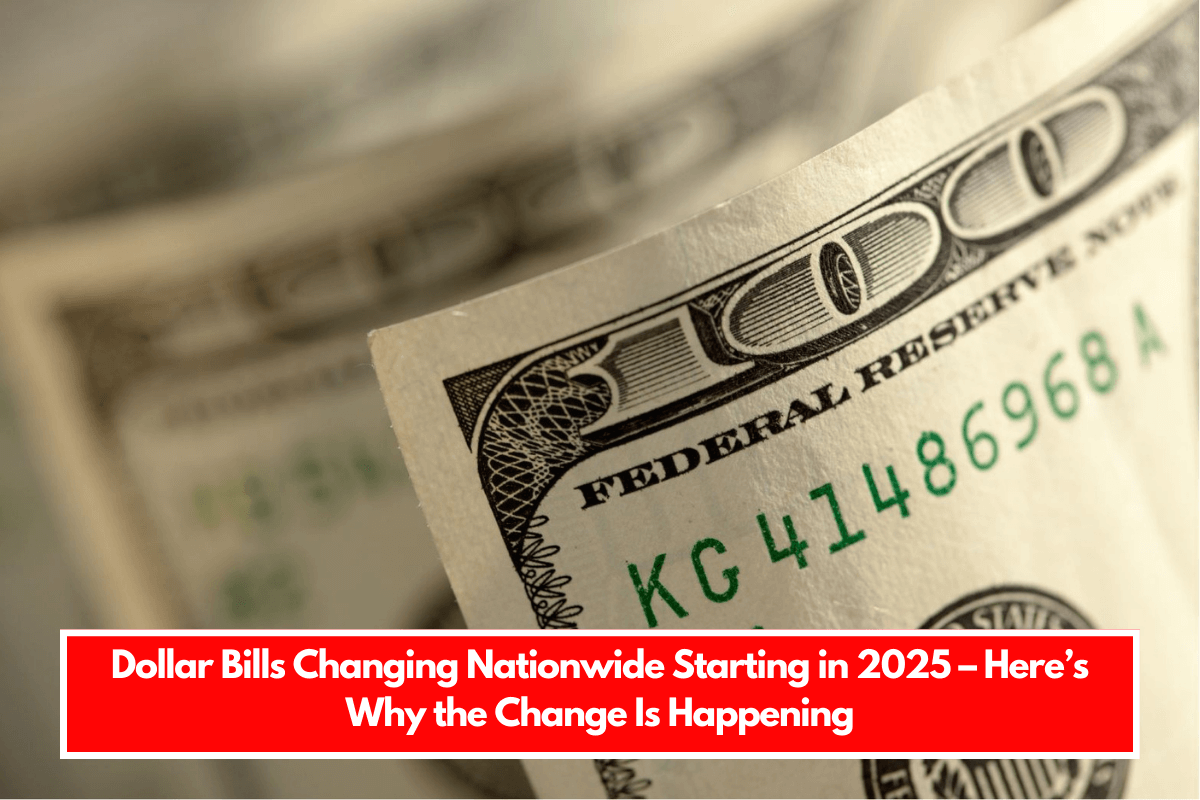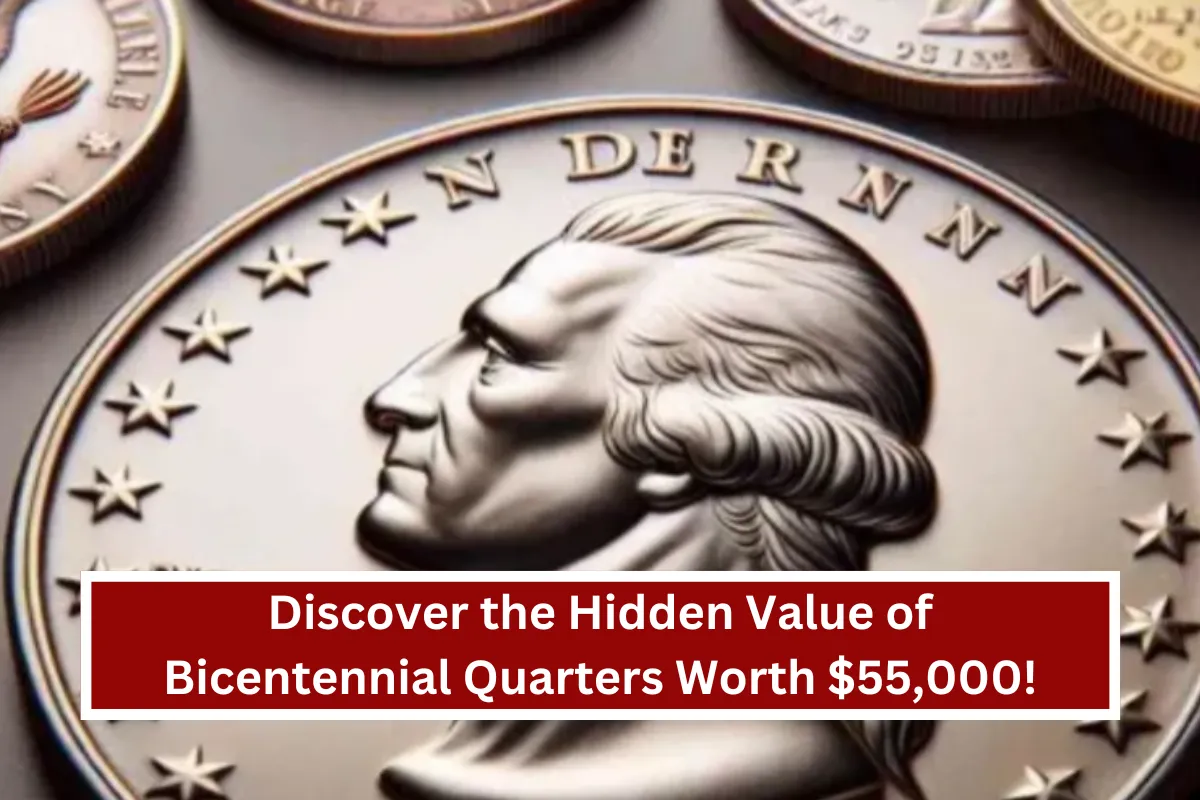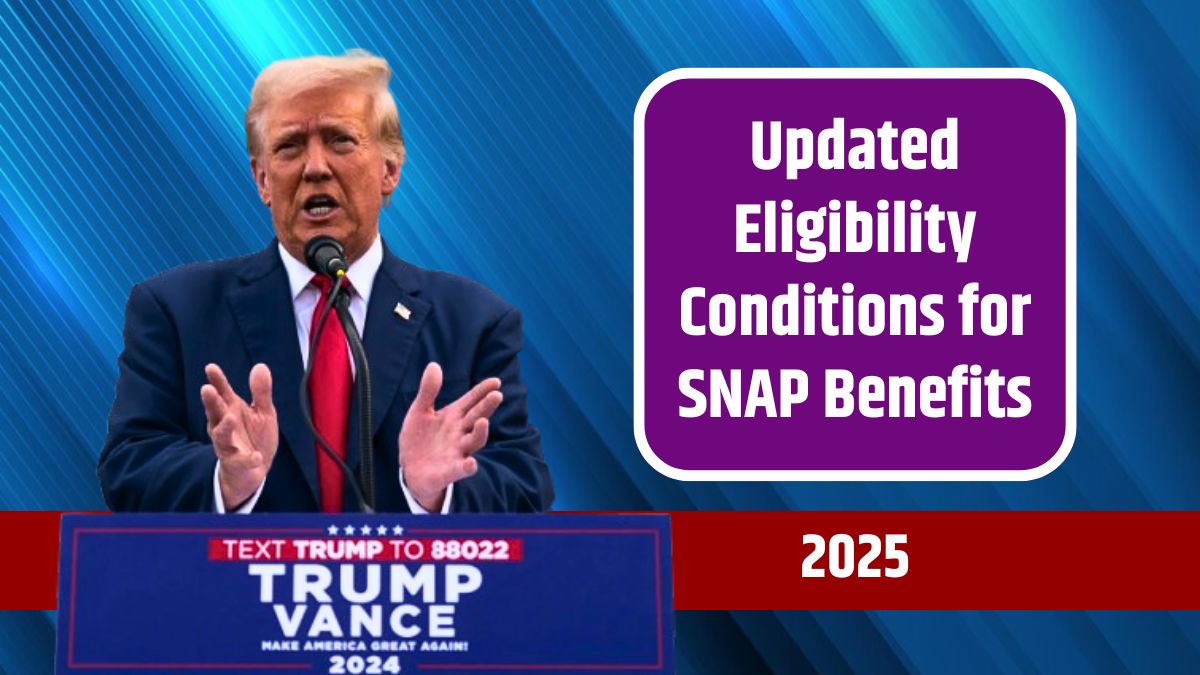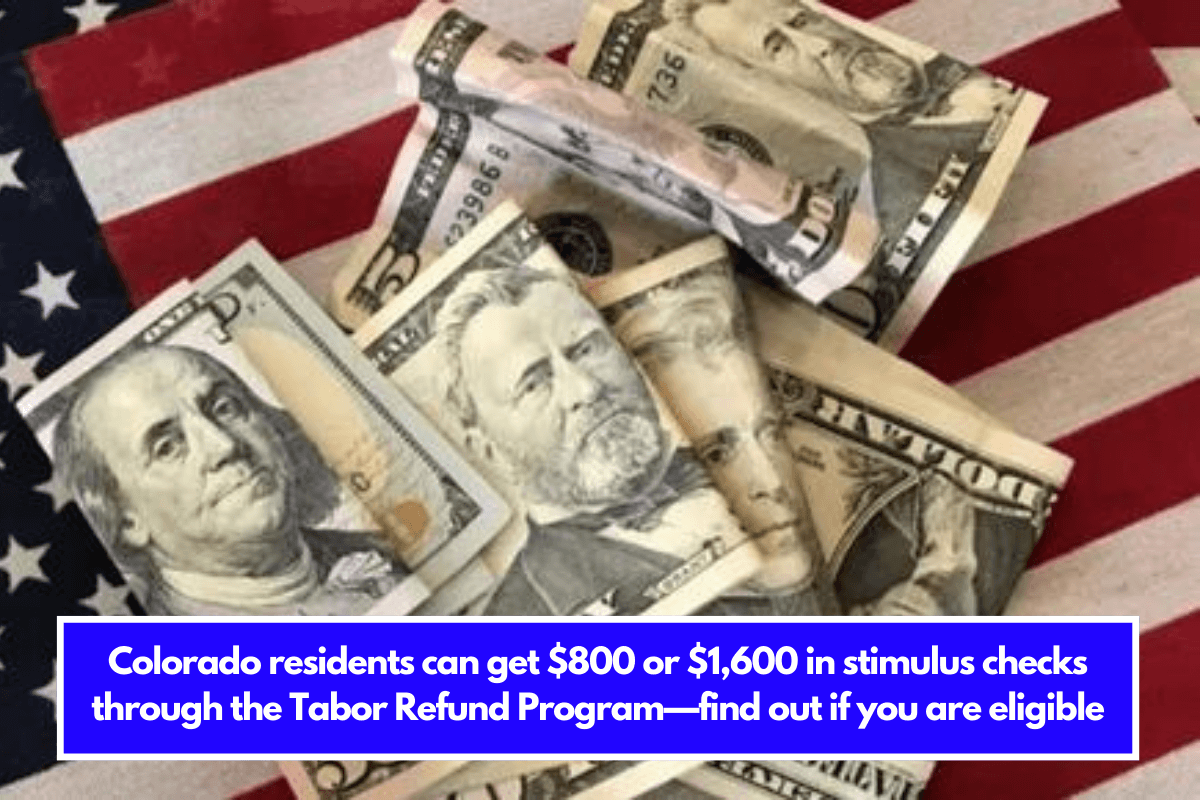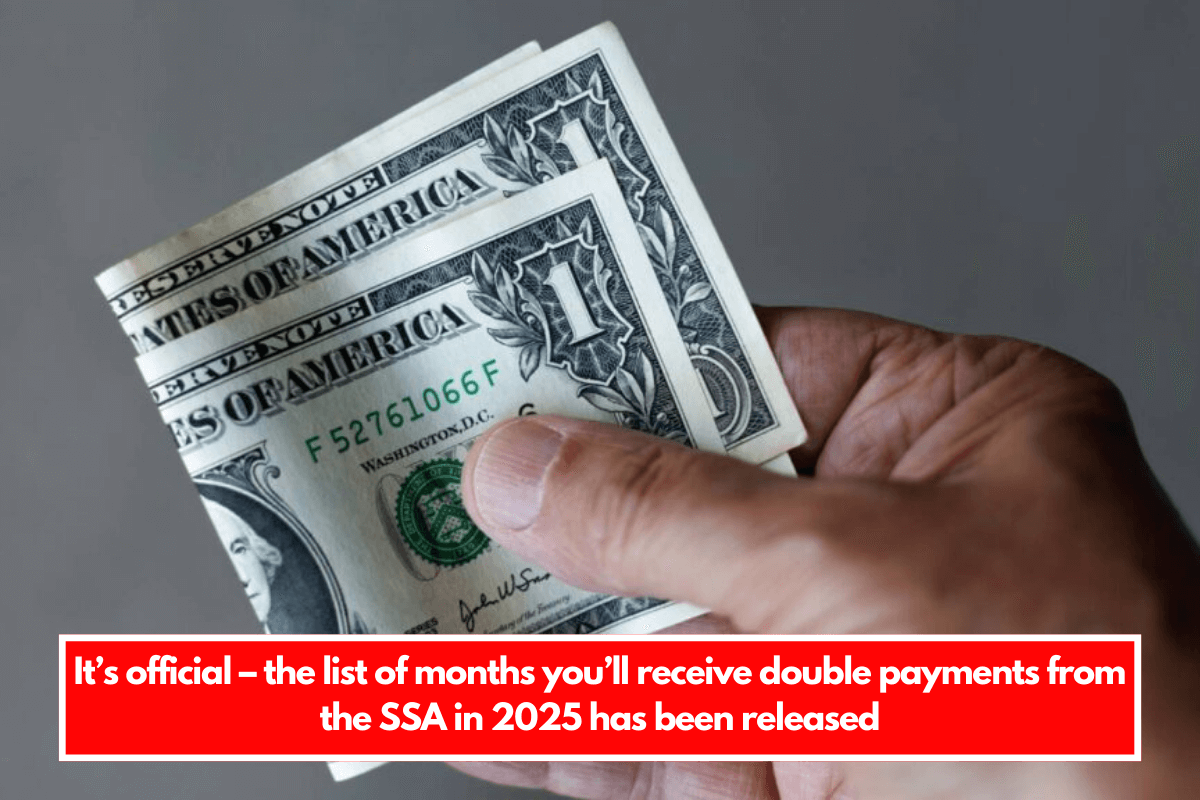NEW YORK — In an unusual turn of events, a judge on Friday scheduled President-elect Donald Trump’s sentencing in his hush money criminal case for January 10 — just over a week before he is scheduled to return to the White House — but indicated that he would not be imprisoned.
The development, however, puts Trump on track to become the first president to be convicted of a felony.
Manhattan Judge Juan M. Merchan, who presided over Trump’s trial, indicated in a written decision that he would sentence the former and future president to an unconditional discharge, which means that a conviction stands but the case is closed without any jail time, fines, or probation. Trump has the option of appearing virtually for sentencing.
Merchan rejected Trump’s push to dismiss the verdict and throw out the case on presidential immunity grounds and because of his upcoming second term, writing that only “bringing finality to this matter” would serve the interests of justice.
He stated that he sought to balance Trump’s ability to govern “unencumbered” by the case with other interests, including the U.S. Supreme Court’s July ruling on presidential immunity, the public’s expectation “that all are equal and no one is above the law,” and the importance of respecting a jury verdict.
“This court is simply not persuaded that the first factor outweighs the others at this stage of the proceeding,” Merchan stated in an 18-page decision.
Trump slammed Merchan on his Truth Social platform on Friday, writing that if the judge’s ruling stands, it “would be the end of the Presidency as we know it”.
He repeated his claims that the case was a “illegitimate political attack” and “nothing but a Rigged Charade” orchestrated by Manhattan District Attorney Alvin Bragg, a Democrat. He did not elaborate on potential next legal steps.
Bragg’s office declined to comment on Merchan’s decision.
Former Manhattan Judge Diane Kiesel stated that the ruling cannot be appealed under New York law, but Trump may try to do so. In any case, he can appeal his conviction (which cannot be done until he is sentenced), but he cannot pardon himself. Trump’s case was tried in state court, but presidential pardons are only valid for federal crimes.
Trump takes office on January 20 as the first former president to be convicted of a crime and the first convicted criminal to be elected to the presidency.
The Republican was convicted in May of 34 counts of falsifying business records.
The charges centered on an alleged scheme to conceal a hush money payment to porn star Stormy Daniels in the final weeks of Trump’s first campaign in 2016.
The payment was made to prevent her from publicly claiming she had sex with the married Trump years before. He claims her story is false and that he did nothing wrong.
The case revolved around how Trump accounted for repaying his personal attorney at the time, Michael Cohen, for the Daniels payment. On Friday, Cohen described Merchan’s decision to proceed with the sentencing as “judicious and appropriate.”
Following his conviction, Trump, 78, could face a fine, probation, or up to four years in prison. His sentencing was originally scheduled for July 11, 2017, but was postponed twice at the request of the defense.
Then, following Trump’s election on November 5, Merchan postponed the sentencing again to allow the defense and prosecution to weigh in on the case’s future.
Trump’s attorneys urged Merchan to toss it. They claimed that otherwise, it would cause unconstitutional “disruptions” to the incoming president’s ability to govern the country.
Prosecutors acknowledged that some accommodations should be made for his upcoming presidency, but they insisted that the conviction be upheld.
They proposed a variety of options, including freezing the case during his term and guaranteeing him a no-jail sentence.
They also proposed closing the case while formally noting both his conviction and his pending appeal — a novel idea modeled after what some state courts do when criminal defendants die while appealing their cases.
Merchan concluded that Trump’s current status as president-elect does not grant him the same immunity as a sitting president. Setting aside the verdict and dismissing the case would be a “drastic” step that would “undermine the rule of law in immeasurable ways,” according to Merchan.
Before Trump’s November election, his lawyers attempted to overturn his conviction for a different reason: the Supreme Court’s immunity decision, which granted presidents broad immunity from criminal prosecution.
When Cohen paid Daniels in October 2016, Trump was a private citizen who was campaigning for president but had not been elected or sworn in. He was president when Cohen was reimbursed, and Cohen testified that they discussed the repayment plan in the Oval Office.
The Trump hush money lawyers argued that the jury received evidence that should have been protected by presidential immunity. Merchan later rejected that argument, but the election created new issues.
While urging Merchan to overturn the conviction, Trump also sought to transfer the case to federal court, where he could seek immunity. A federal judge repeatedly declined, but Trump appealed.
The hush money case was the only one of Trump’s four criminal indictments to proceed to trial.
Since the election, special counsel Jack Smith has closed his two federal cases. One related to Trump’s efforts to overturn his 2020 election loss, while the other claimed he hoarded classified documents at his Mar-a-Lago estate.
A separate, state-level election interference case in Georgia is stalled after an appeals court removed prosecutor Fani Willis from the case.
Trump’s lawyers argued that Smith’s decision to dismiss the federal indictments against him should result in the dismissal of the New York hush money case as well. However, Merchan found that argument unpersuasive, noting that the hush money case was in a “vastly” different stage.




